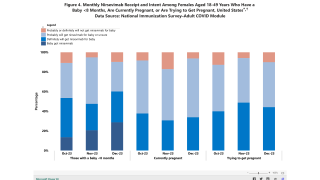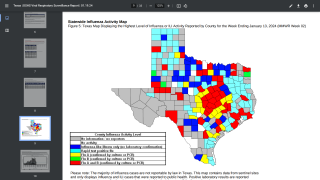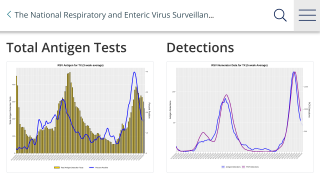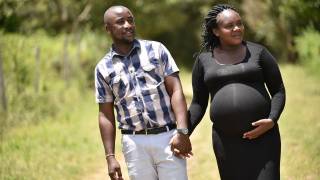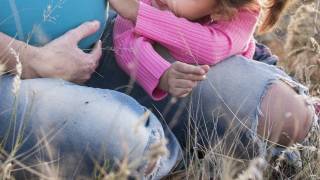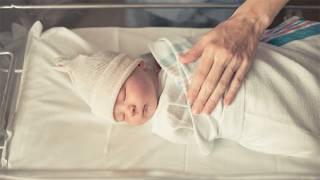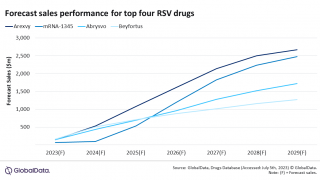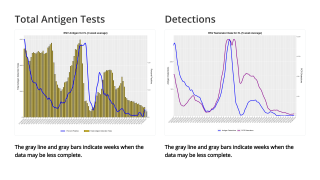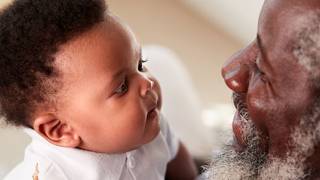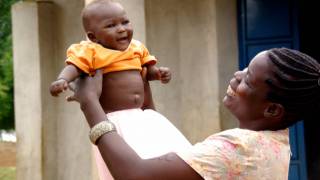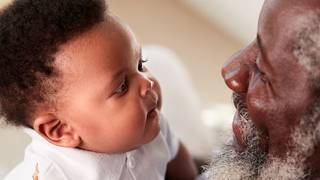90% of Infants Protected From RSV
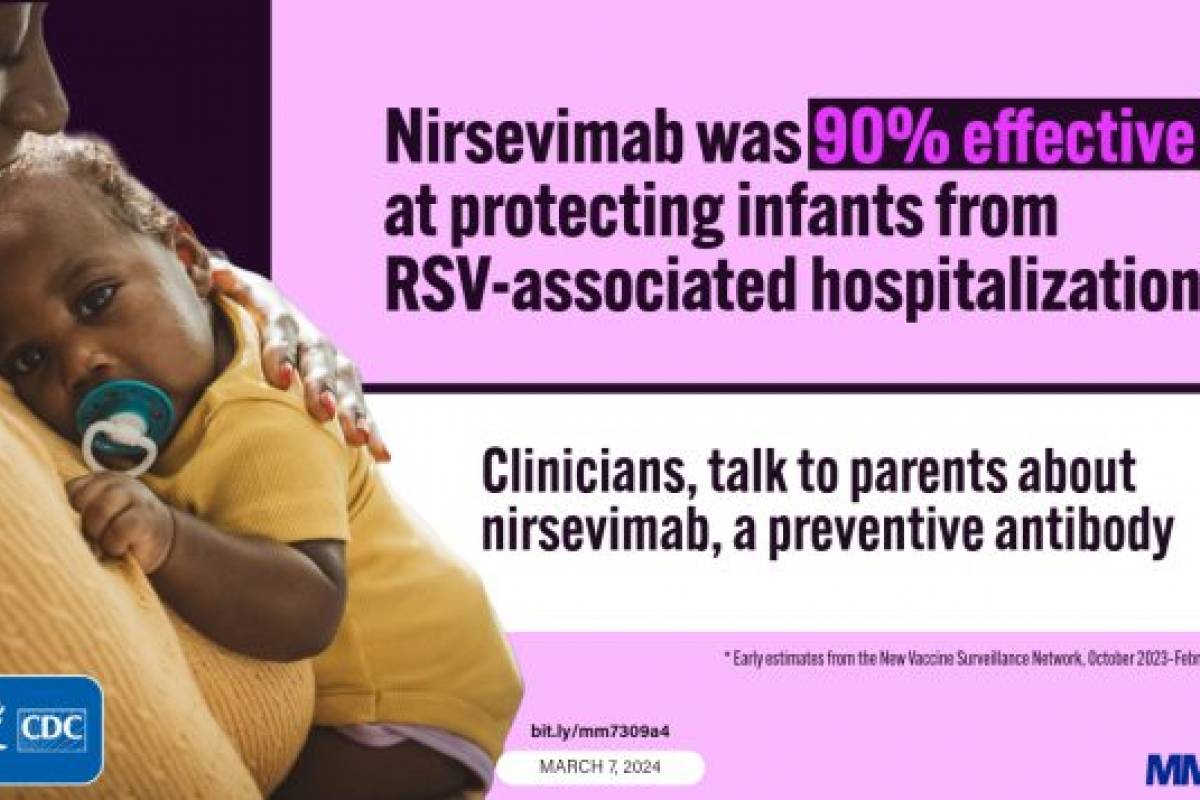
Since the Respiratory Syncytial Virus (RSV) season began in the United States in Florida last year and peaked over the winter months, pregnant women have had two immunization options available to protect their future infants.
In August 2023, the CDC recommended Beyfortus™ (Nirsevimab-alip), a single-dose, long-acting monoclonal antibody offering passive immunization, to protect infants aged <8 months against RSV-associated lower respiratory tract infection in their first RSV season.
The other option is maternal vaccination.
On March 7, 2023, the U.S. CDC's Morbidity and Mortality Weekly Report offered encouraging news.
The CDC confirmed that Beyfortus was 90% (95% CI = 75%–96%) effective against RSV-associated hospitalization in infants in their first RSV season.
However, Beyfortus's effectiveness is expected to decrease after receipt because of antibody decay.
In clinical trials, nirsevimab remained highly efficacious against RSV-associated lower respiratory tract infection in infants through 150 days, consistent with an extended half-life of 63–73 days.
This early estimate supports the current CDC recommendation for the prevention of severe RSV disease in infants.
As of January 2024, among females with an infant <8 months, 40.5% reported that their infant received nirsevimab. An additional 21.7% said that they plan to get nirsevimab for their infant.
Our Trust Standards: Medical Advisory Committee


